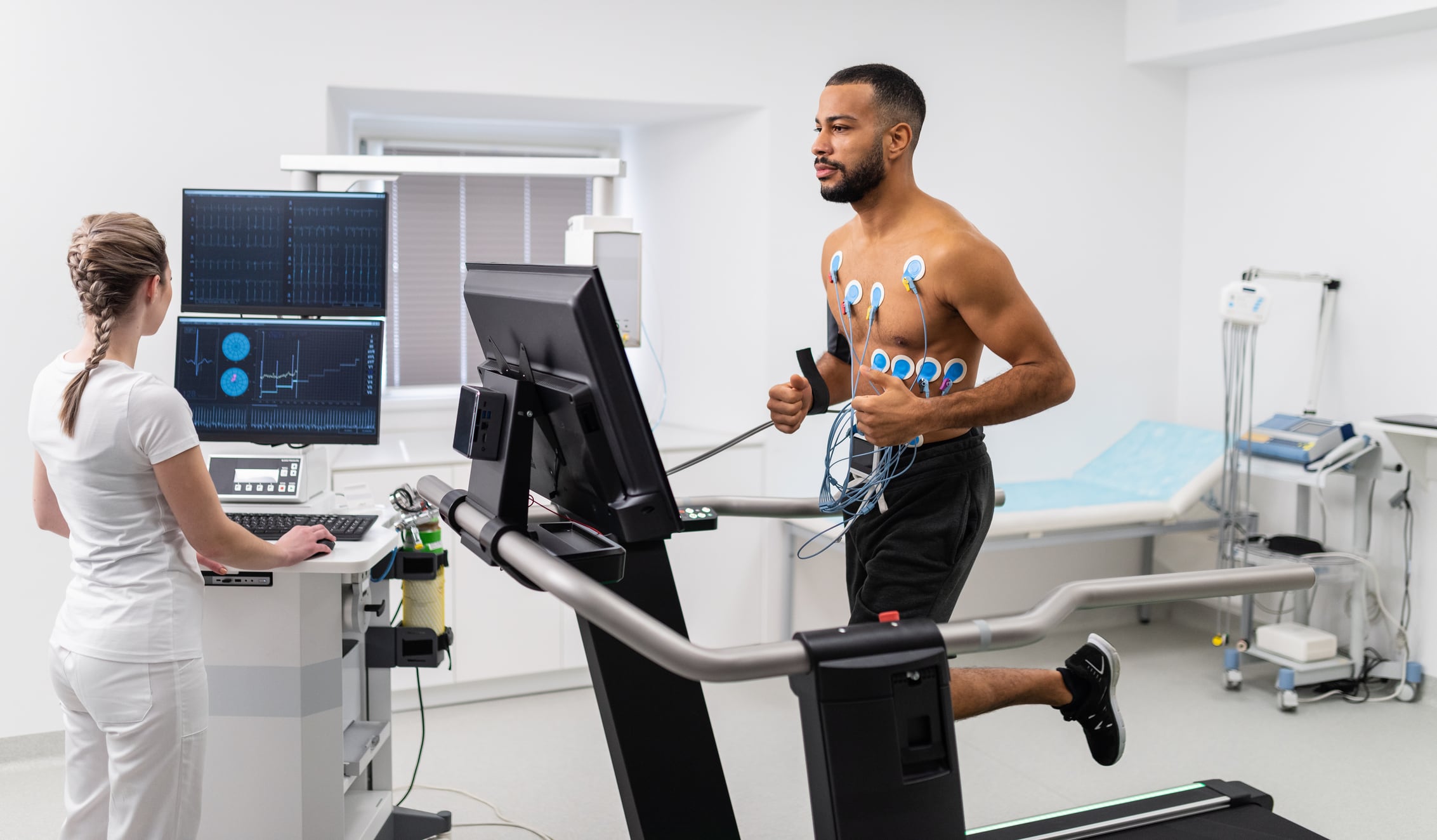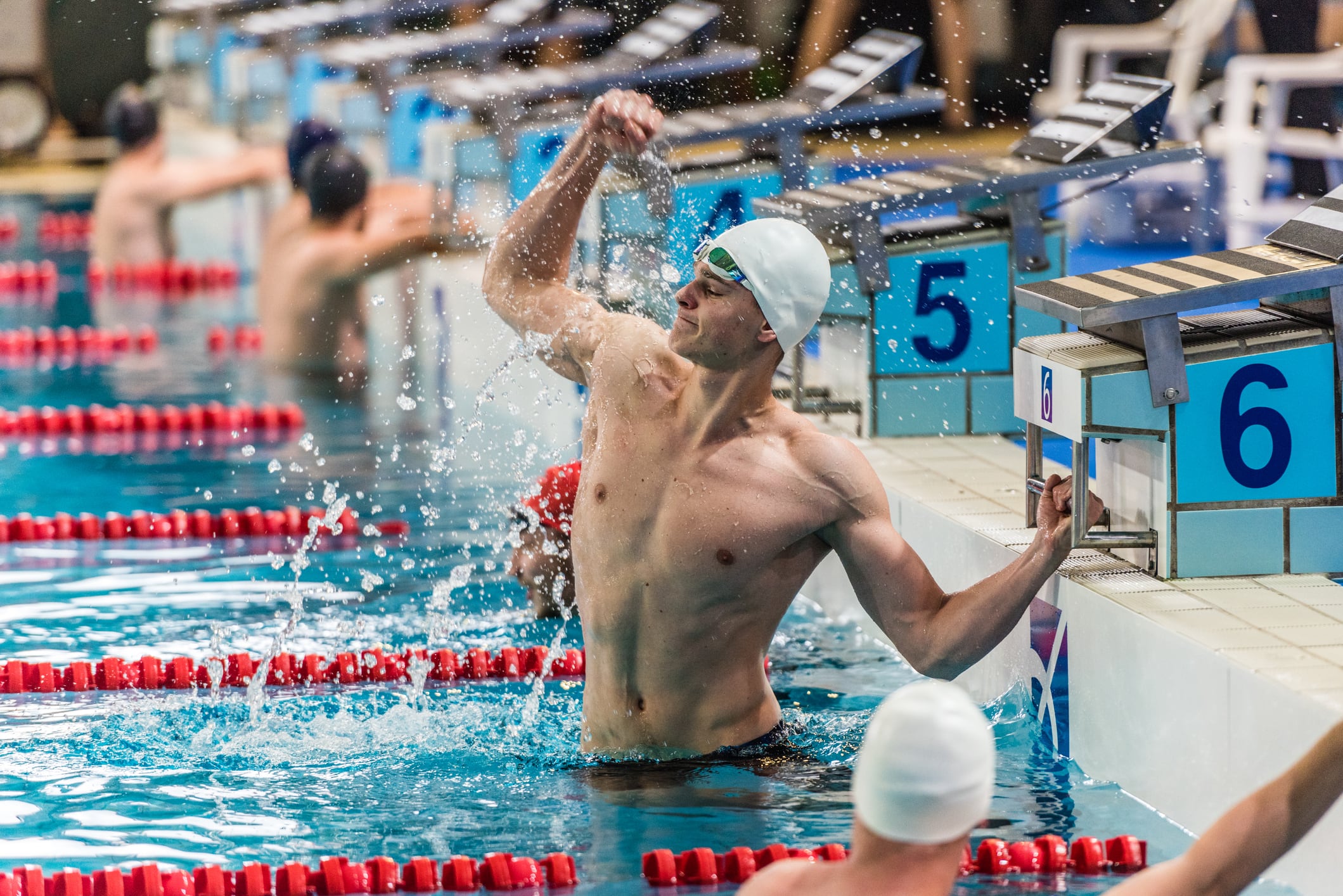Published in the journal Frontiers in Nutrition, the report revealed approximately 60% of the studies reviewed focused exclusively on male athletes, and only 10% on female athletes, “highlighting a notable gap in our understanding of supplement effects on female athletes at the elite level.”
Reviewed data revealed supplement effectiveness varies significantly based on multiple factors including the type of supplement, dosing protocols, timing of administration and individual athlete characteristics.
“The findings underscore the critical importance of individualized supplementation strategies, moving beyond generic protocols to consider athlete-specific factors such as training status, competition schedule and physiological response patterns,” the report noted. “This personalized approach becomes particularly relevant given the observed variations in supplement effectiveness across different sporting contexts and athlete populations.”
The Chinese researchers concluded that caffeine, certain amino acids and probiotic formulations demonstrated the most consistent benefits.
The review of 46 studies encompassing 928 elite athletes noted further knowledge gaps with certain sports.
“The concentration of research in specific sports, particularly cycling (17.4% of studies), creates another significant limitation,” the researchers reported. “This uneven distribution of evidence across sporting disciplines means that some sports are underrepresented in the research base, potentially limiting the applicability of findings to these sports.”
The report points out that 40% to 100% of trained athletes use supplements, often without proper guidance or evidence-based information, in the pursuit of marginal performance gains, making this knowledge all the more important.
Efficacy of supplements
The review’s search yielded 94 potentially relevant articles, with 46 meeting inclusion criteria.
“This relatively small number of eligible studies, despite the widespread use of supplements in elite sports (47.8% to 93.7% prevalence) highlights the limited high-quality research available on supplement use specifically in elite populations," the researchers wrote.
Most studies reviewed employed double-blind, placebo-controlled trials, randomized and crossover designs. Studies included an average of 20 participants, ranging from eight to 57, which the authors said reflected the challenges of recruiting elite athletes for research purposes.
The efficacy of caffeine supplementation showed notable variation across different sports and performance metrics suggesting that the ergogenic effects may be sport-specific or influenced by athletes’ habitual caffeine consumption.
Likewise, beta-alanine supplementation showed varying degrees of efficacy across different sports and protocols with its effects in team sports settings less pronounced than in individual sports.
Vitamin D supplementation (50,000 IU fortnightly, equivalent to 3,570 IU/day) demonstrated limited ergogenic benefits in professional rugby players despite significantly increasing serum 25(OH)D concentrations. Updated meta-analyses report that vitamin D3 supplementation can improve lower-limb muscle strength in athletes, with larger effects in those deficient at baseline. This suggests that vitamin D’s ergogenic effects may be more specific to athletes with inadequate baseline status, the report noted.
Iron supplementation showed benefits, but these were not sustained after supplementation cessation, indicating the importance of long-term supplementation strategies.
The integration of probiotics with vitamin D demonstrated synergistic benefits in MMA athletes with the combination improving total work output and mean power during high-intensity exercise while enhancing lactate utilization
The authors noted that multiple systematic reviews suggest that probiotics may indirectly support training adaptations and competitive performance by improving gastrointestinal comfort, immune function and fatigue-related markers.
Several studies investigated supplements targeting cellular health and oxidative stress. Coenzyme Q10 (CoQ10) supplementation showed effectiveness in modulating inflammatory responses during intensive training. Similarly, ubiquinol supplementation (200 mg/day) enhanced plasma and cellular antioxidant defenses in rugby players, though it did not improve physical performance or prevent exercise-induced muscle damage markers.
“Evidence-based reviews further indicate that CoQ10—including ubiquinol—can improve oxidative stress and certain performance-related outcomes, but overall effects appear to be moderated by heterogeneity in populations and dosing,” the report stated.
Reviewed randomized controlled trials indicated omega-3 supplementation helps attenuate post-exercise inflammation and muscle damage and may facilitate performance recovery and studies involving n-3 PUFA supplementation demonstrated promising results for neuromuscular function.
The authors noted that both acute and chronic supplementation protocols have their place, but their effectiveness depends heavily on the specific supplement and desired outcome.
“While caffeine shows consistent benefits with acute administration, other supplements like beta-alanine require structured loading protocols for optimal results. This temporal consideration should inform how supplementation strategies are integrated into training and competition schedules.”
Moving forward, they said practitioners should focus on developing integrated supplementation strategies that consider training periodization, competition schedules and individual athlete characteristics.
Source: Sport and Exercise Nutrition, Volume 12, 2025. do: 10.3389/fnut.2025.1675654. “Efficacy of dietary supplements on sports performance outcomes: a systematic review of evidence in elite athletes”. Tongwu, Y., and Chuanwei, D.,





